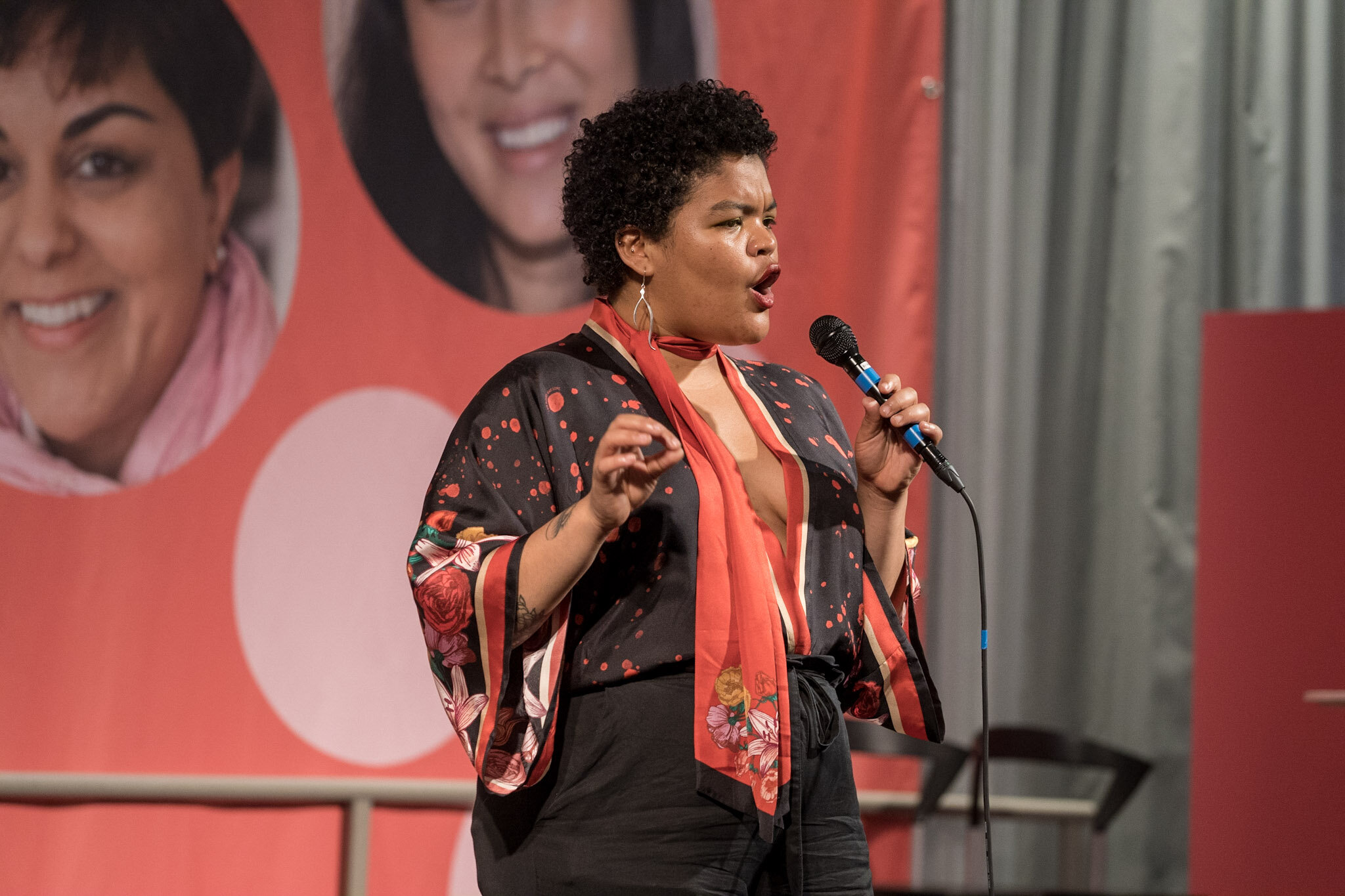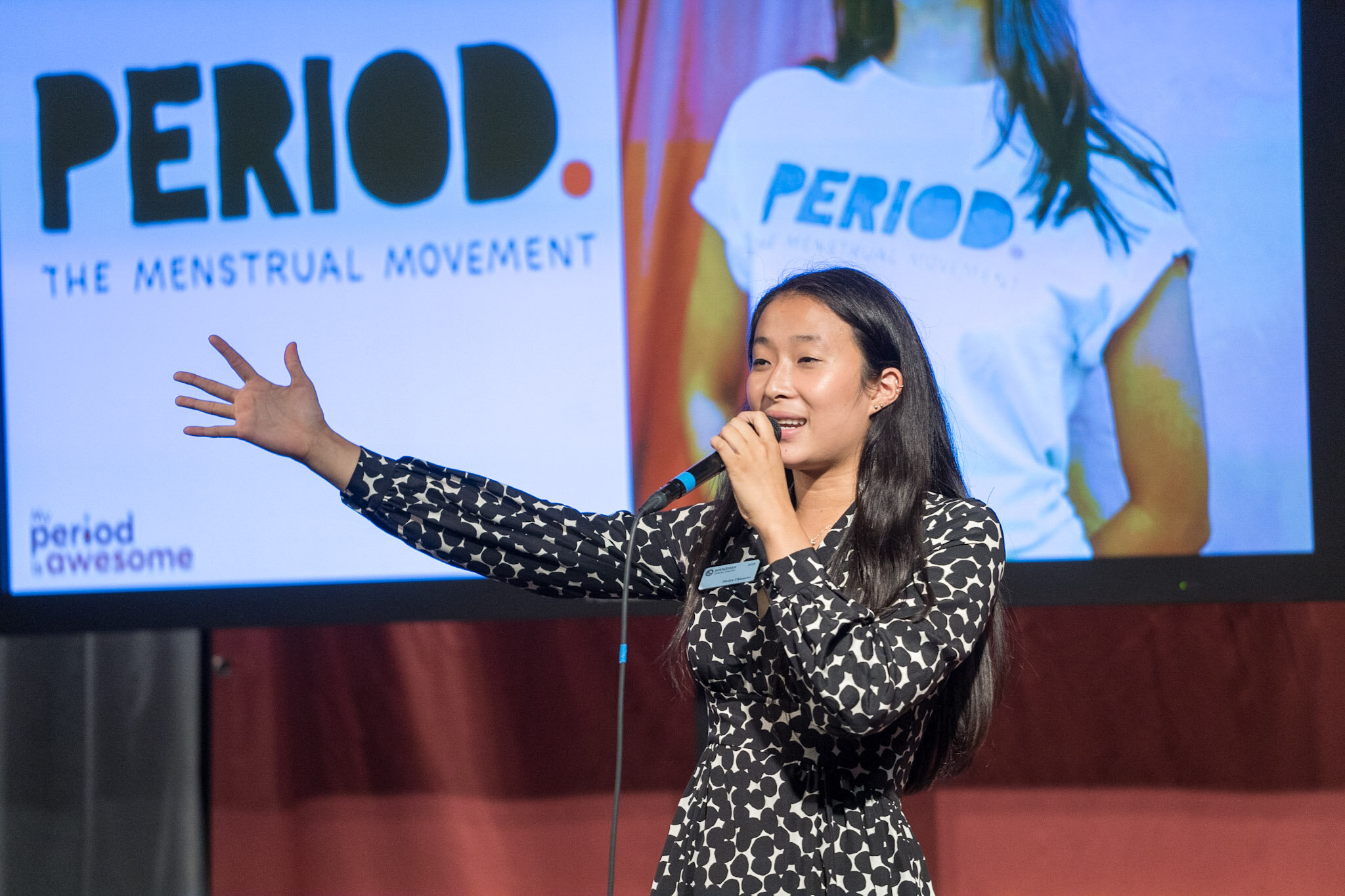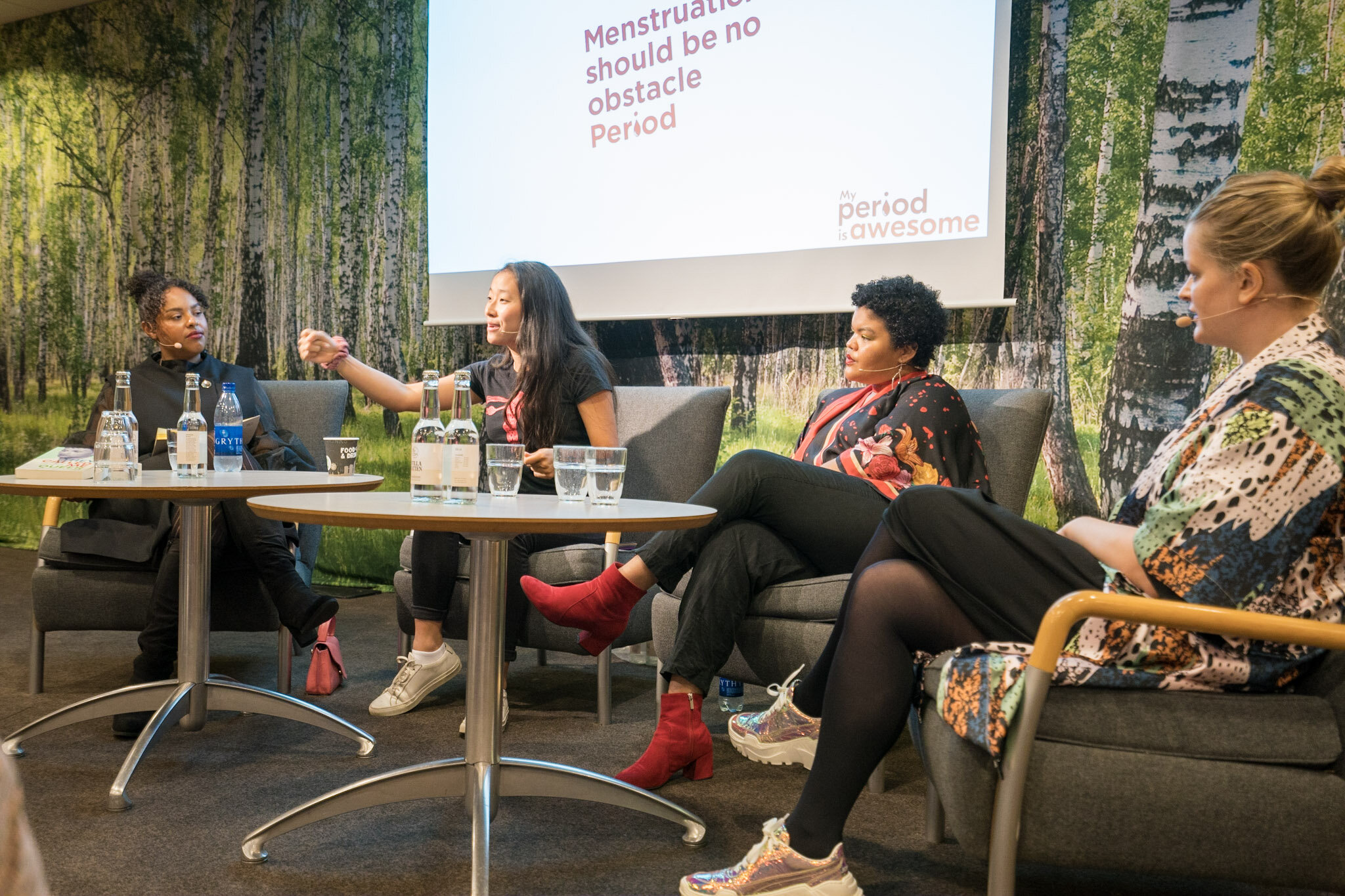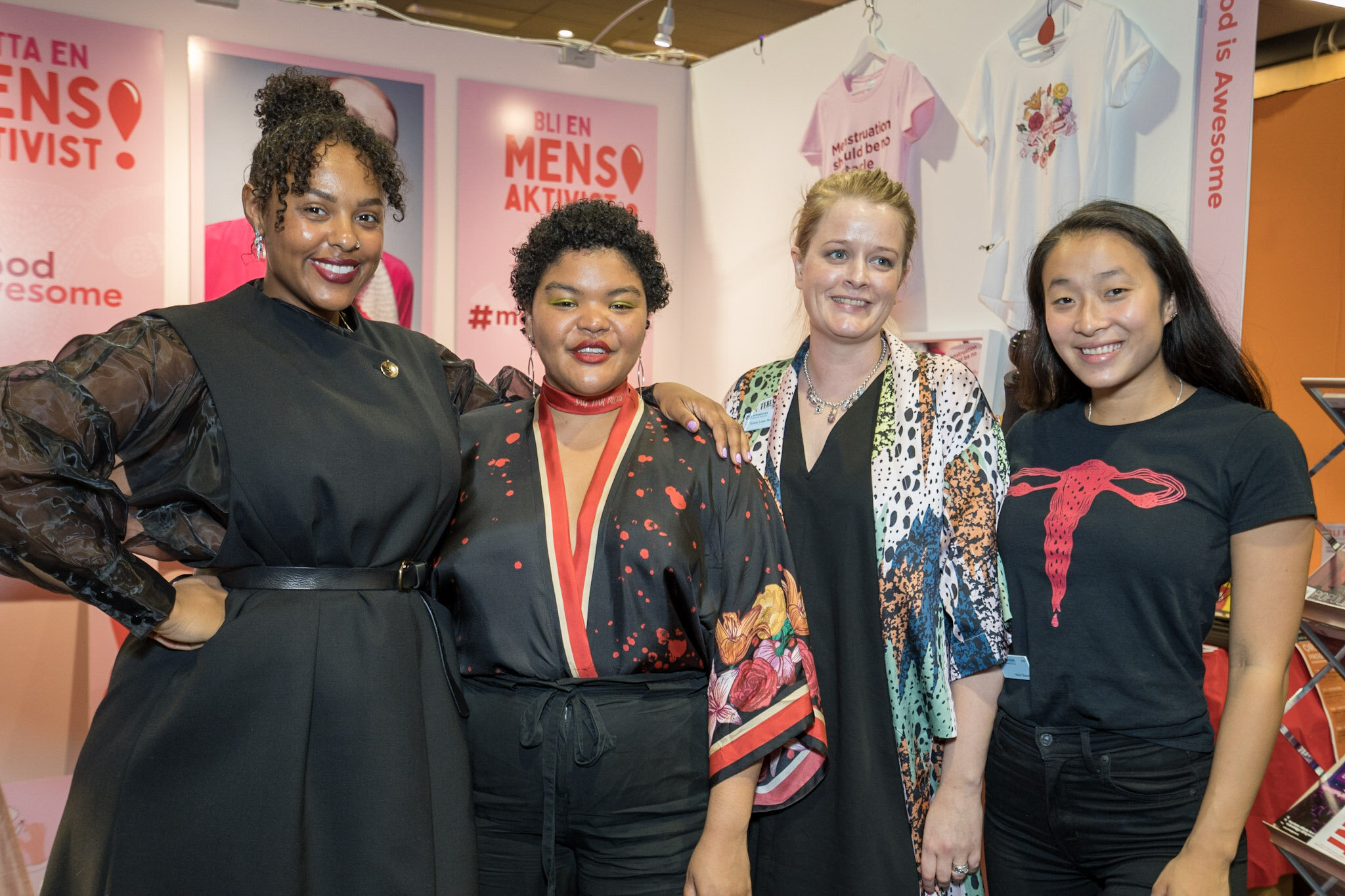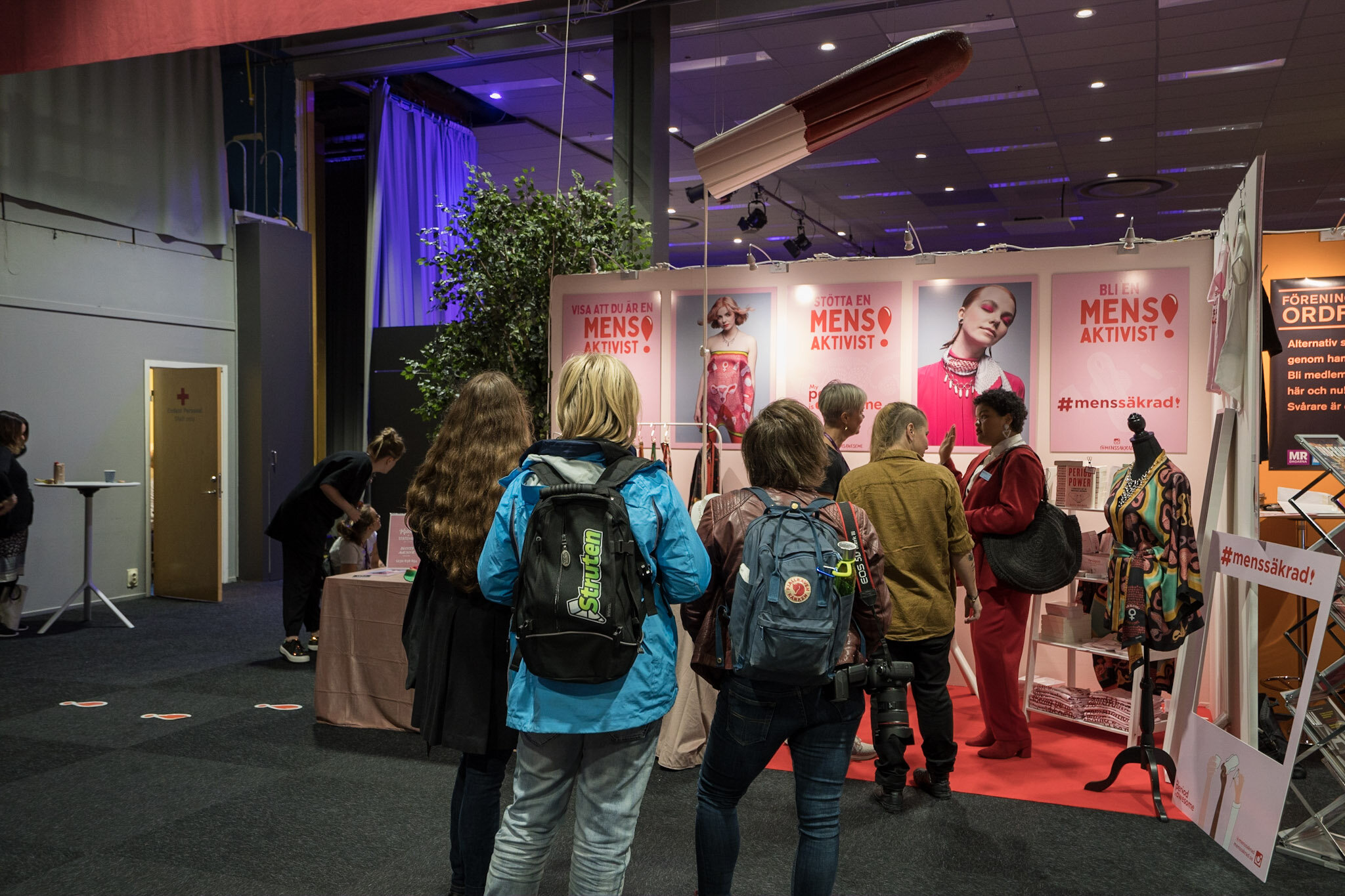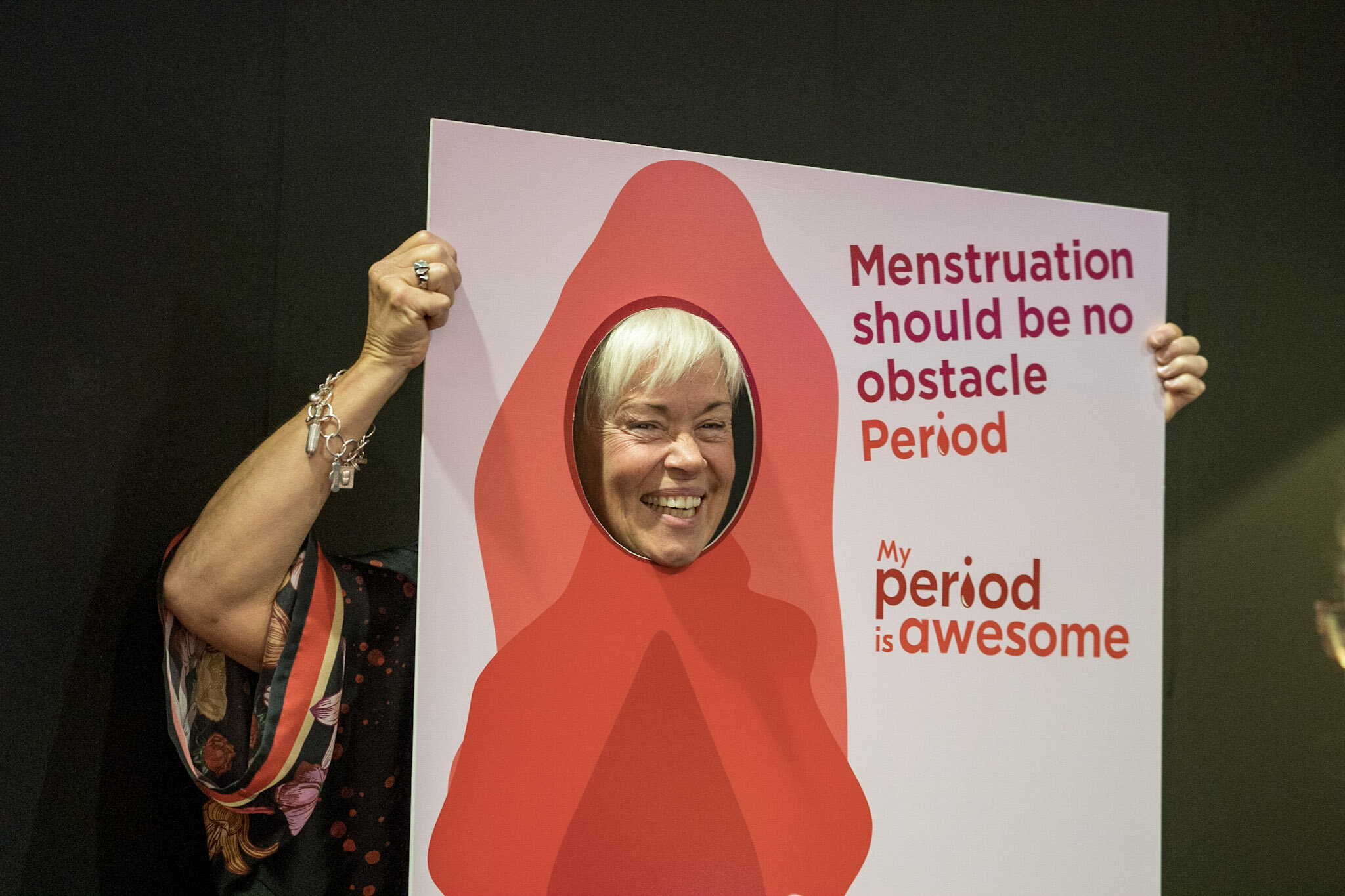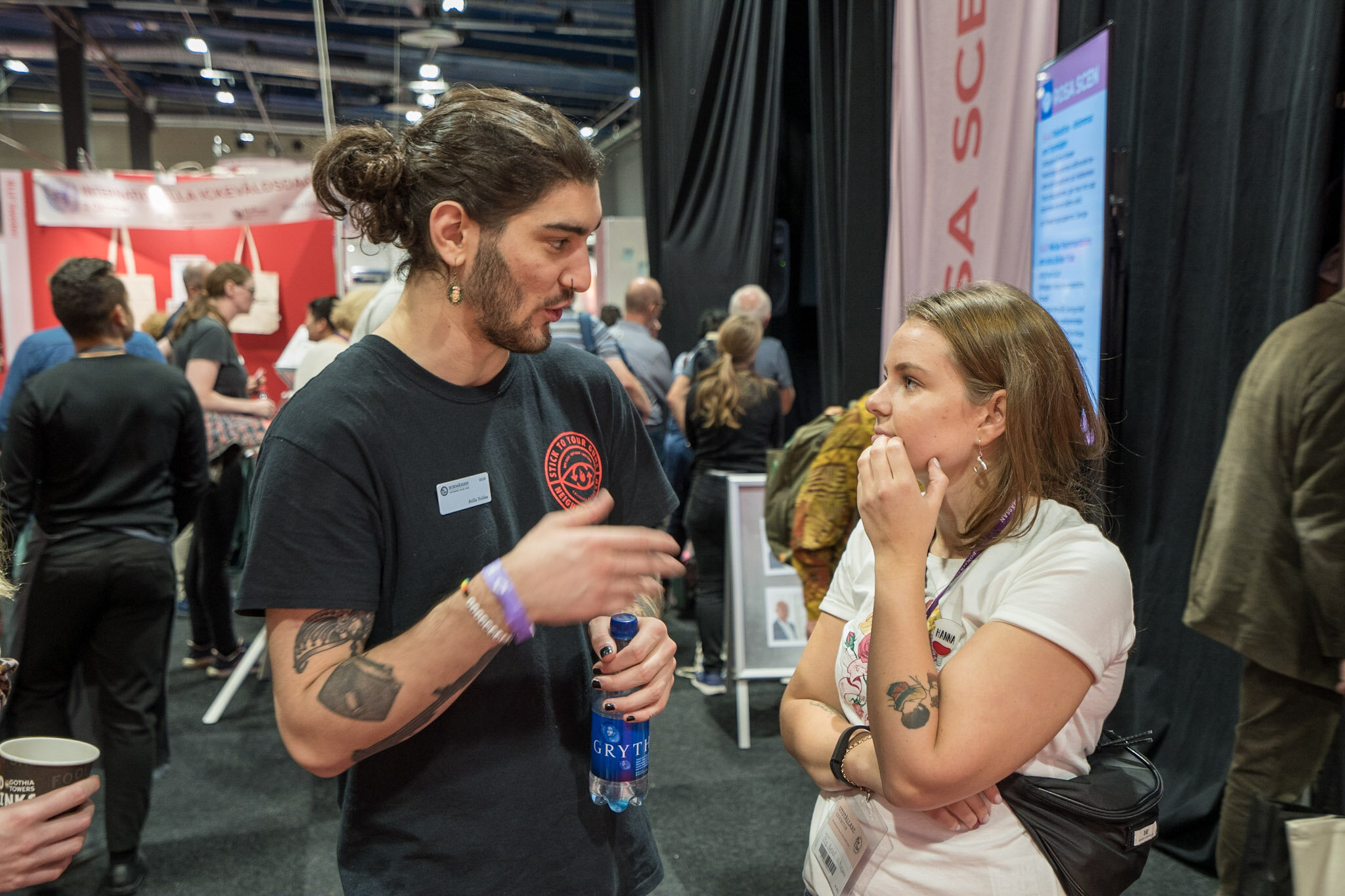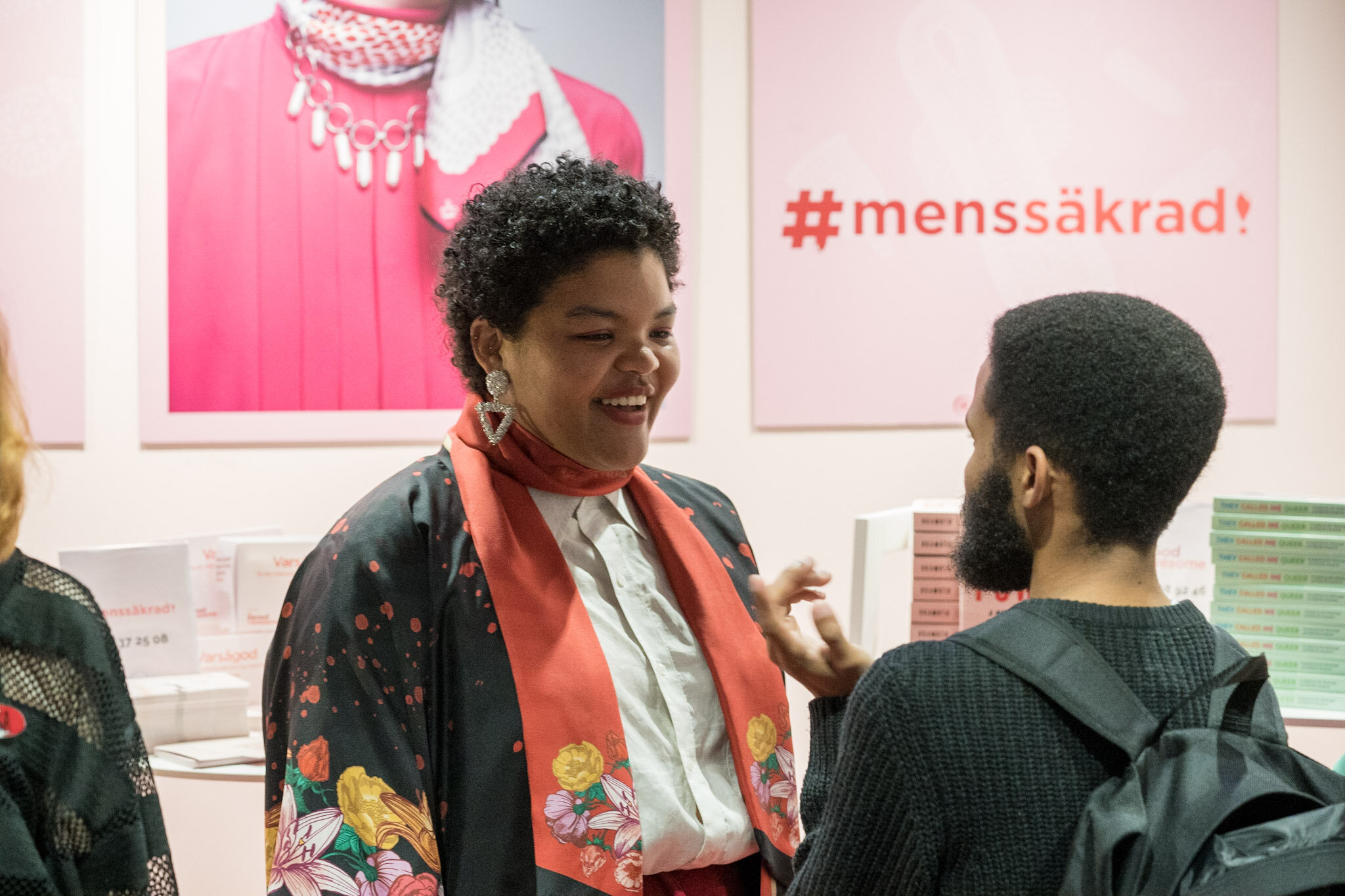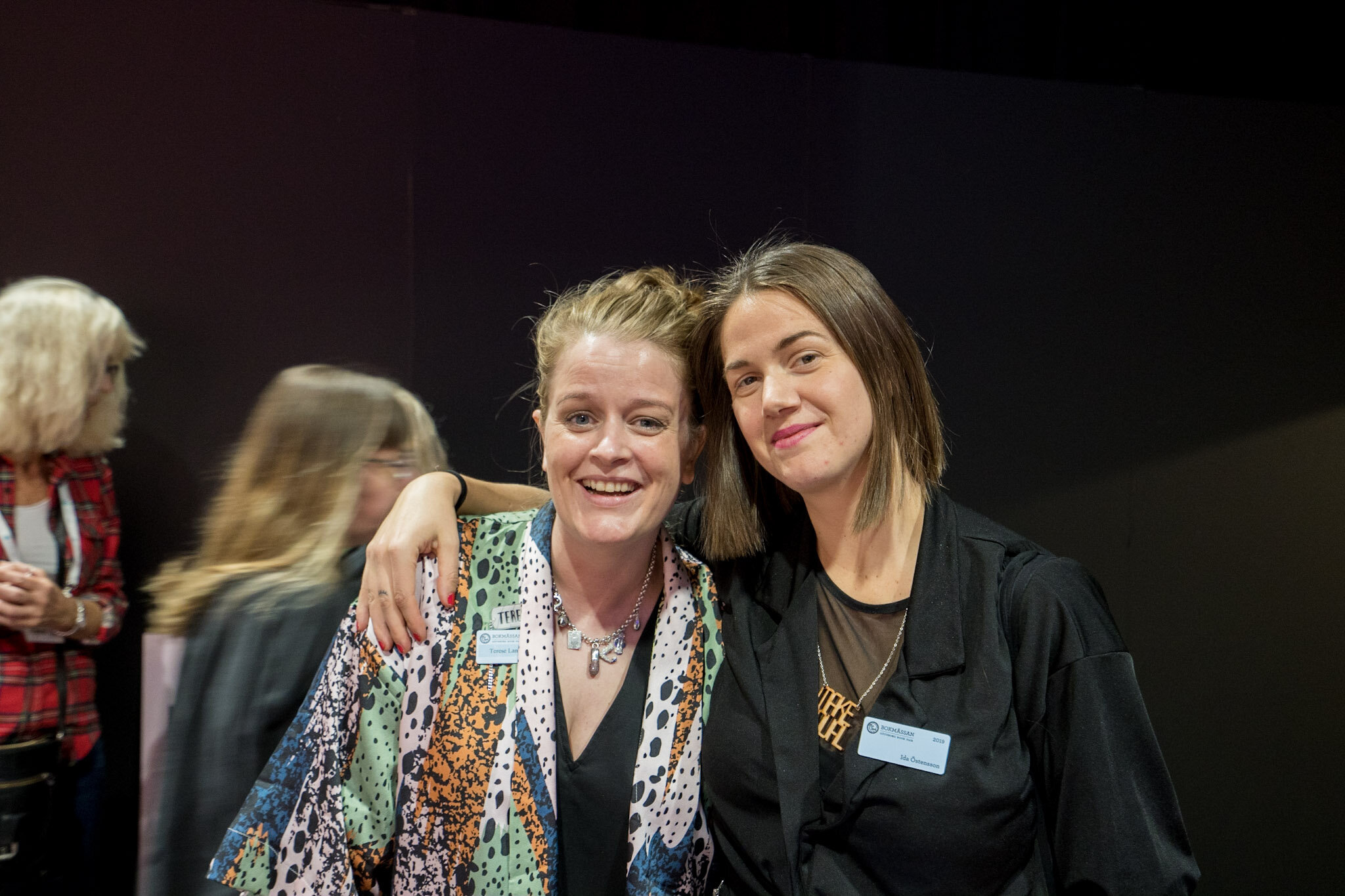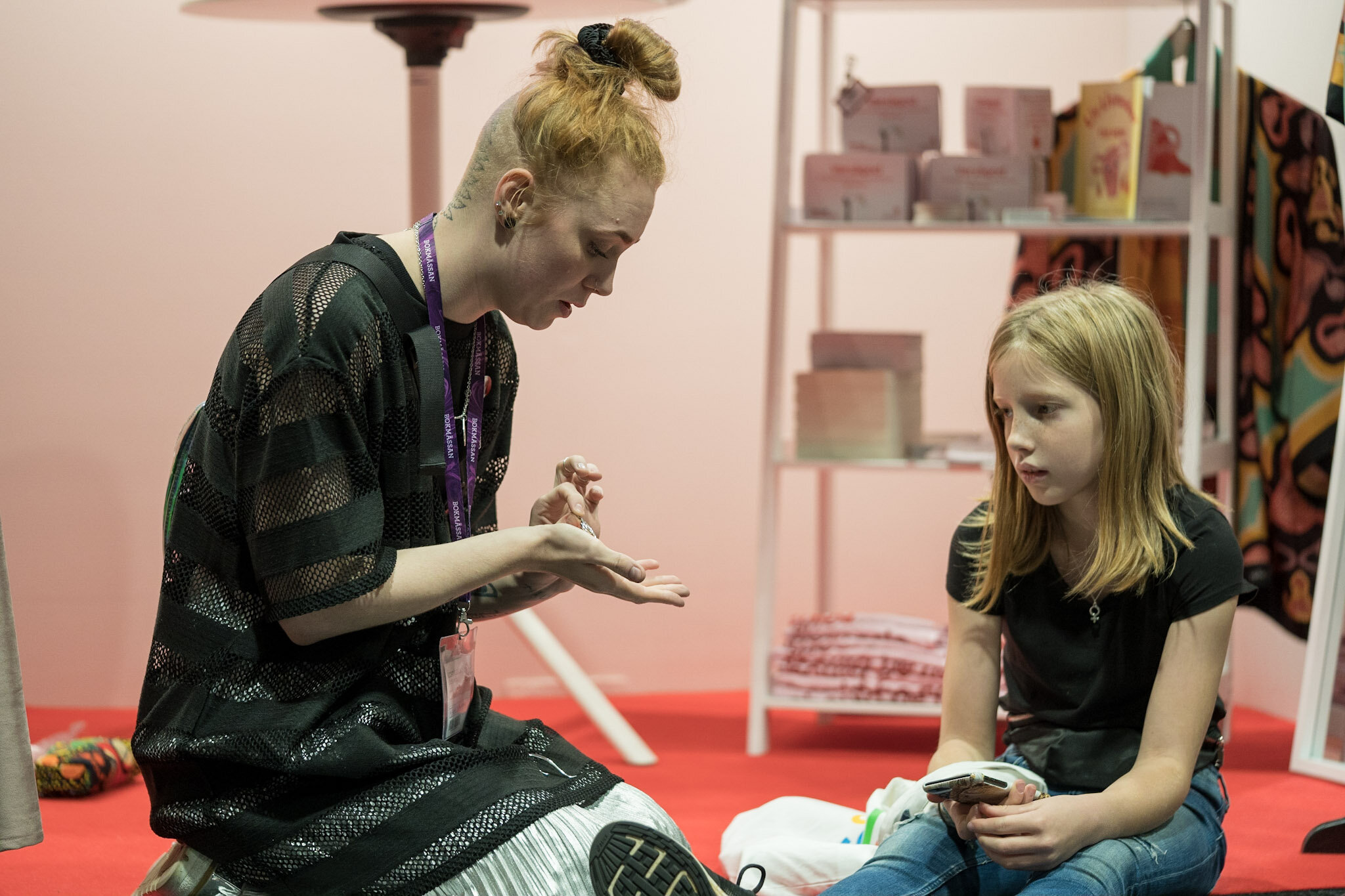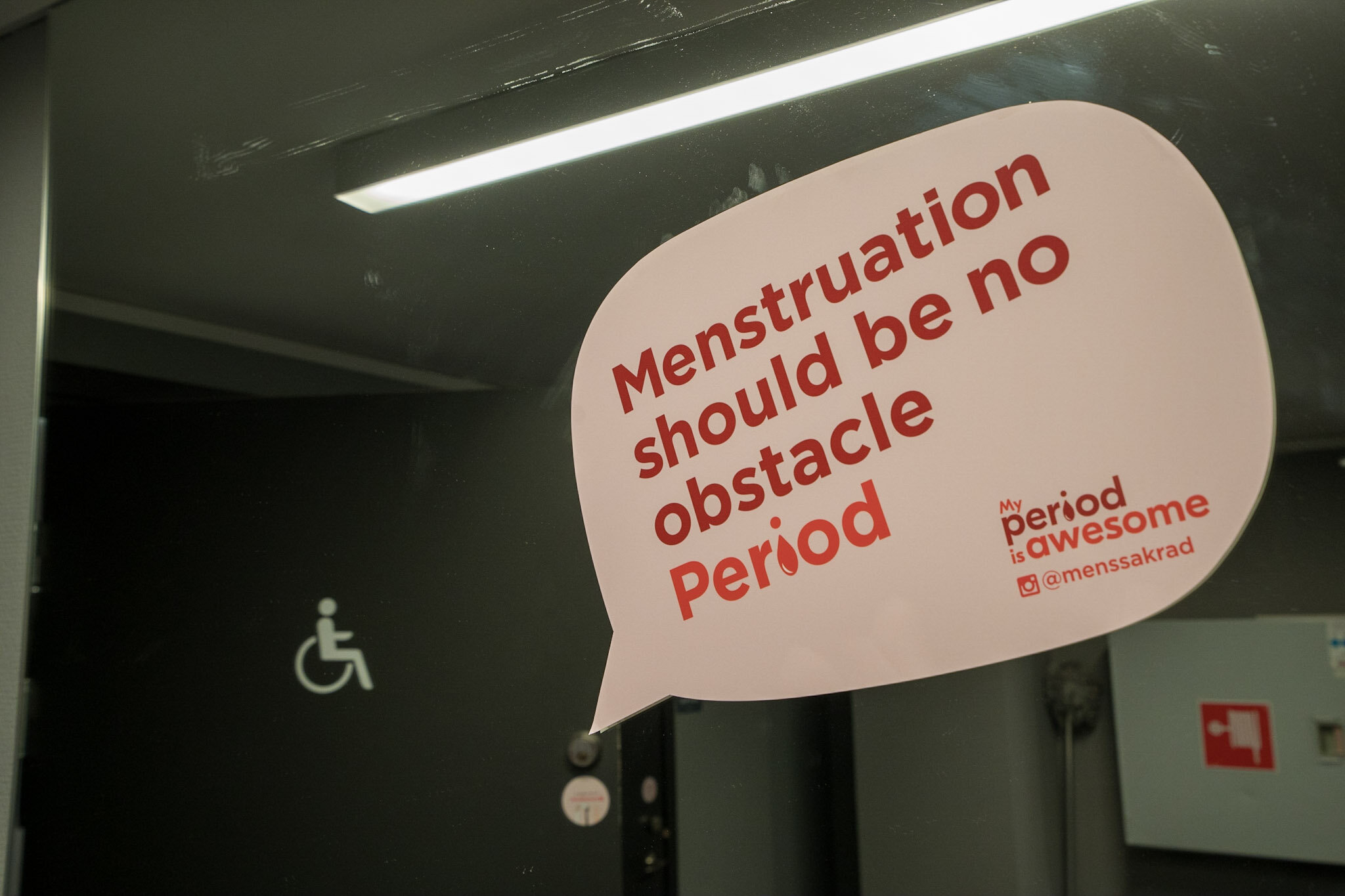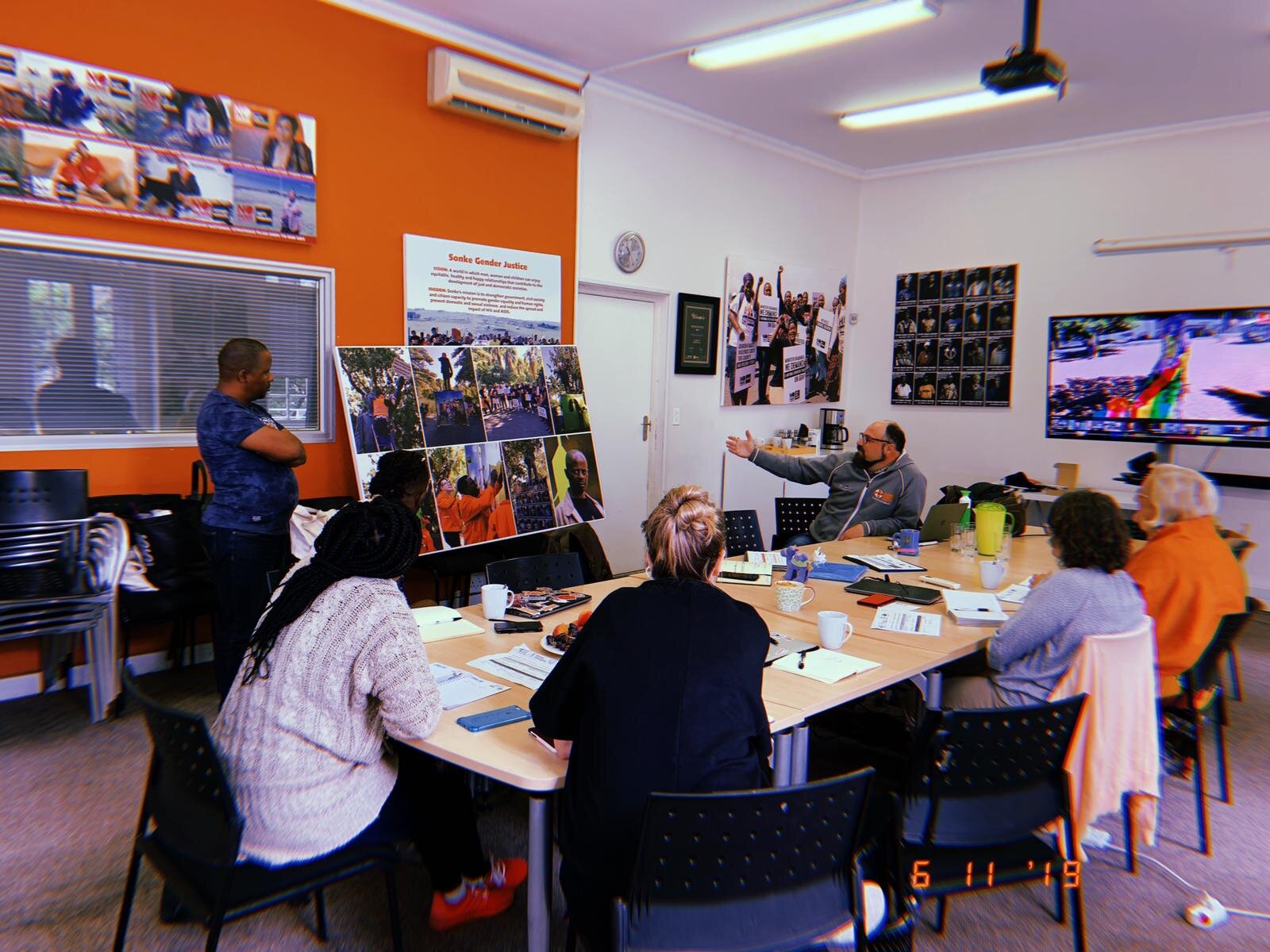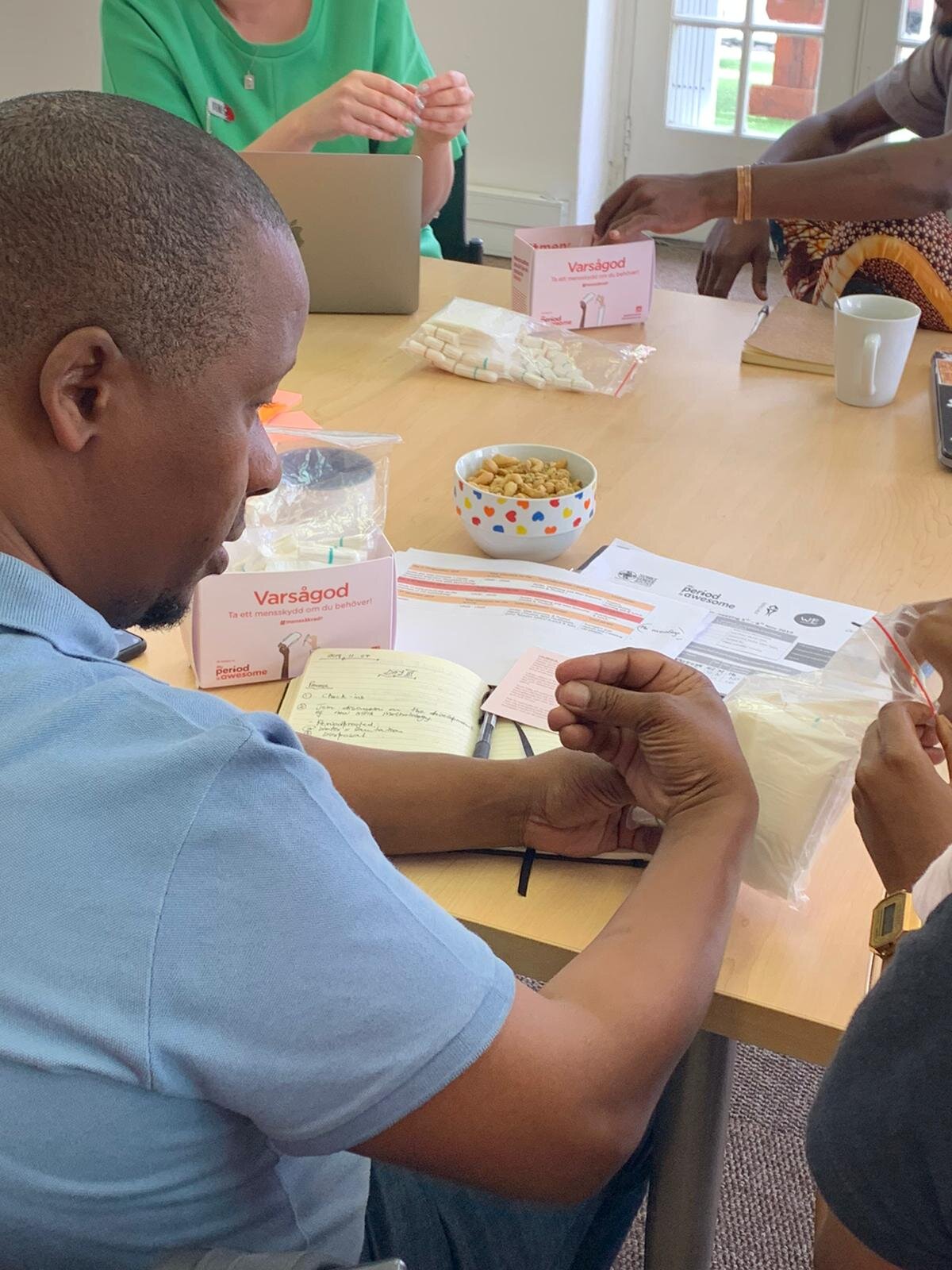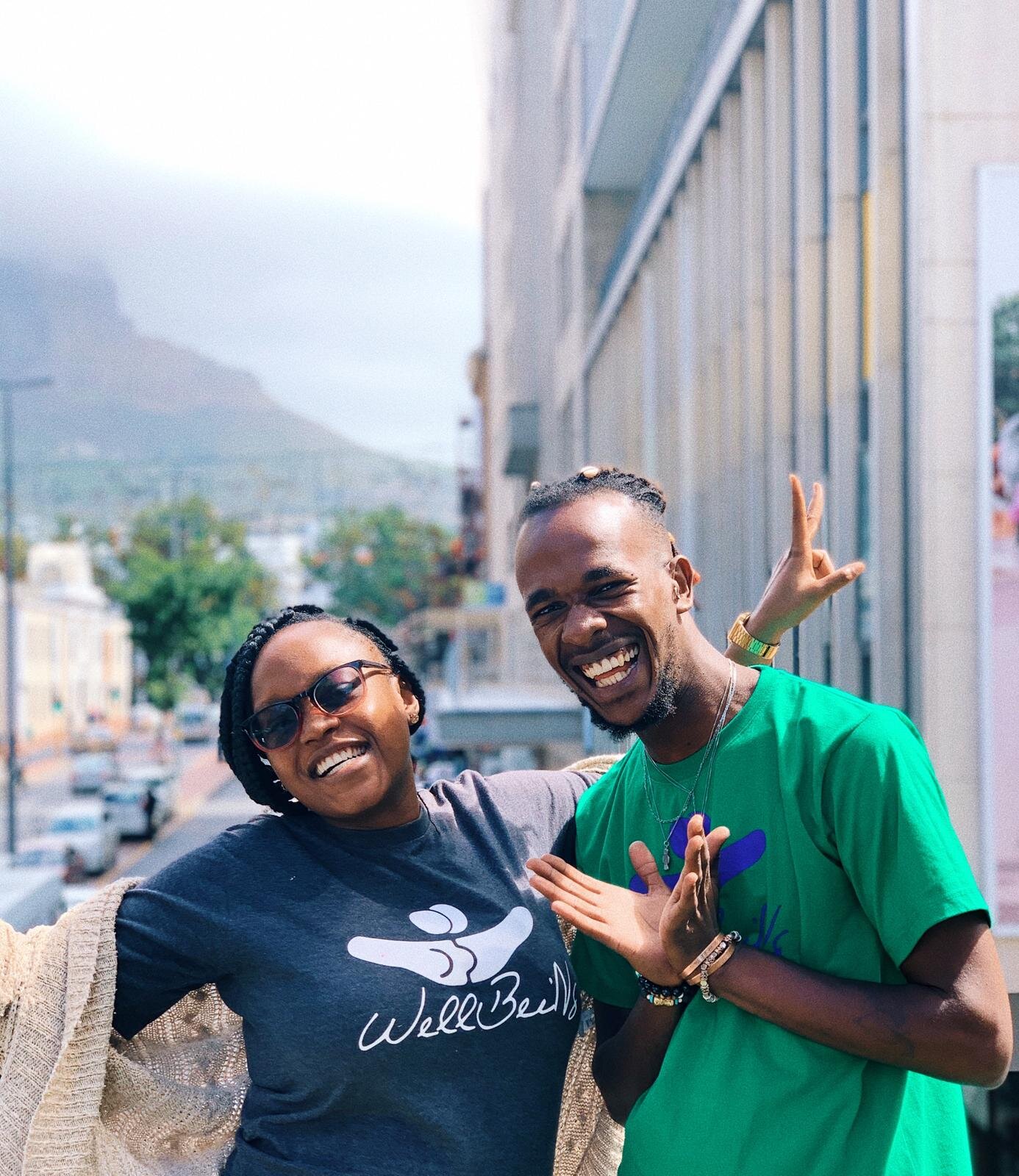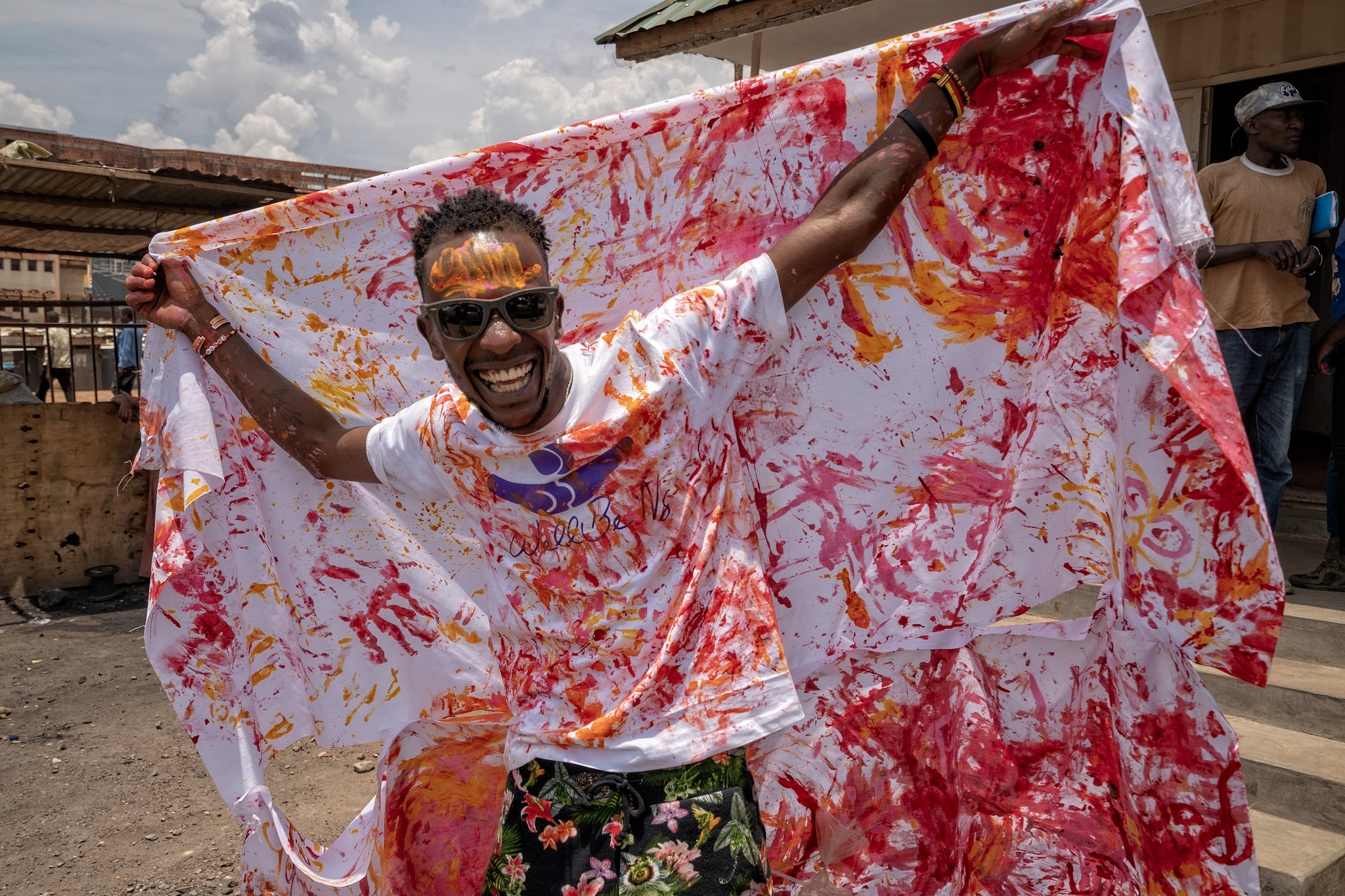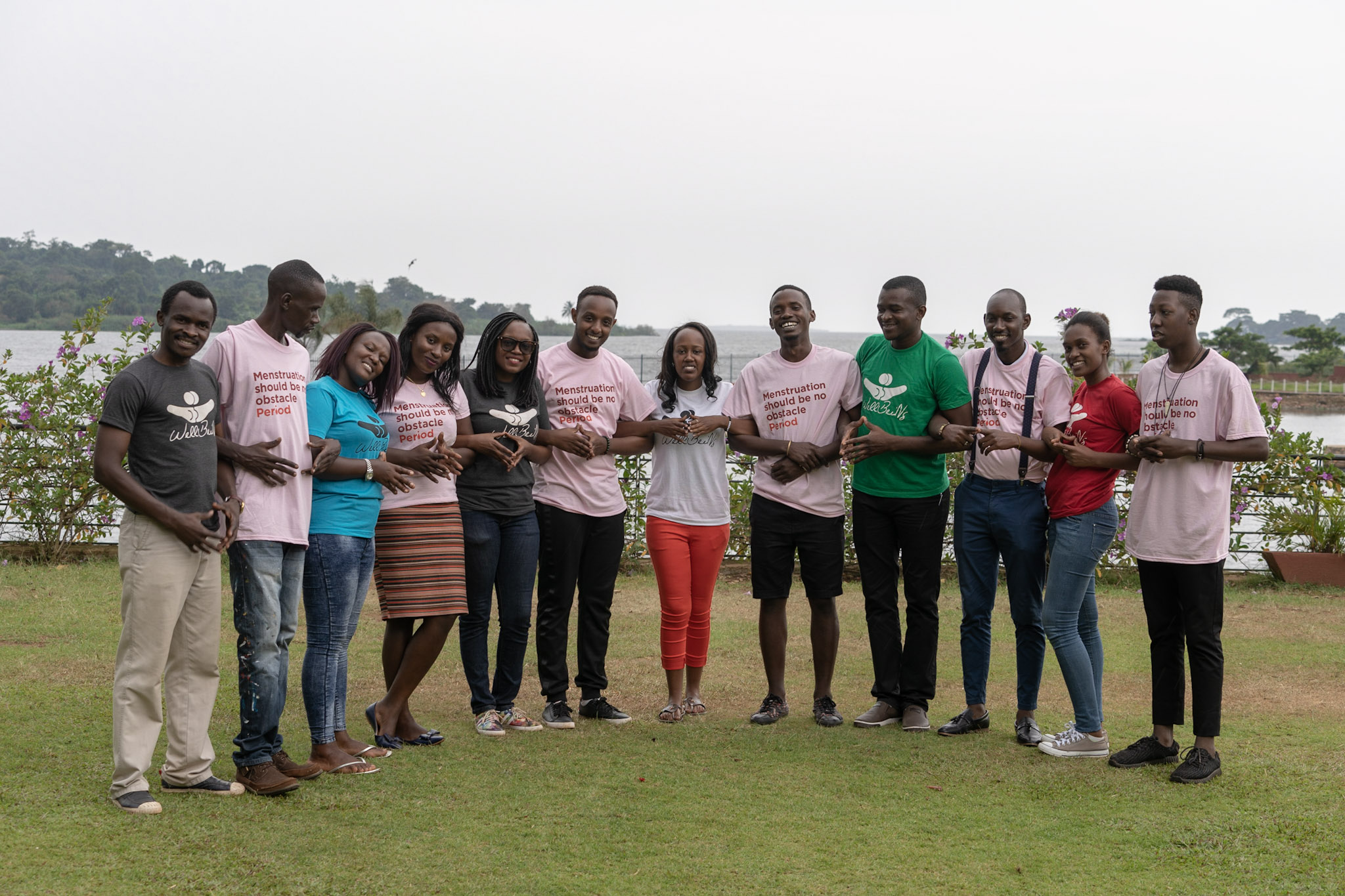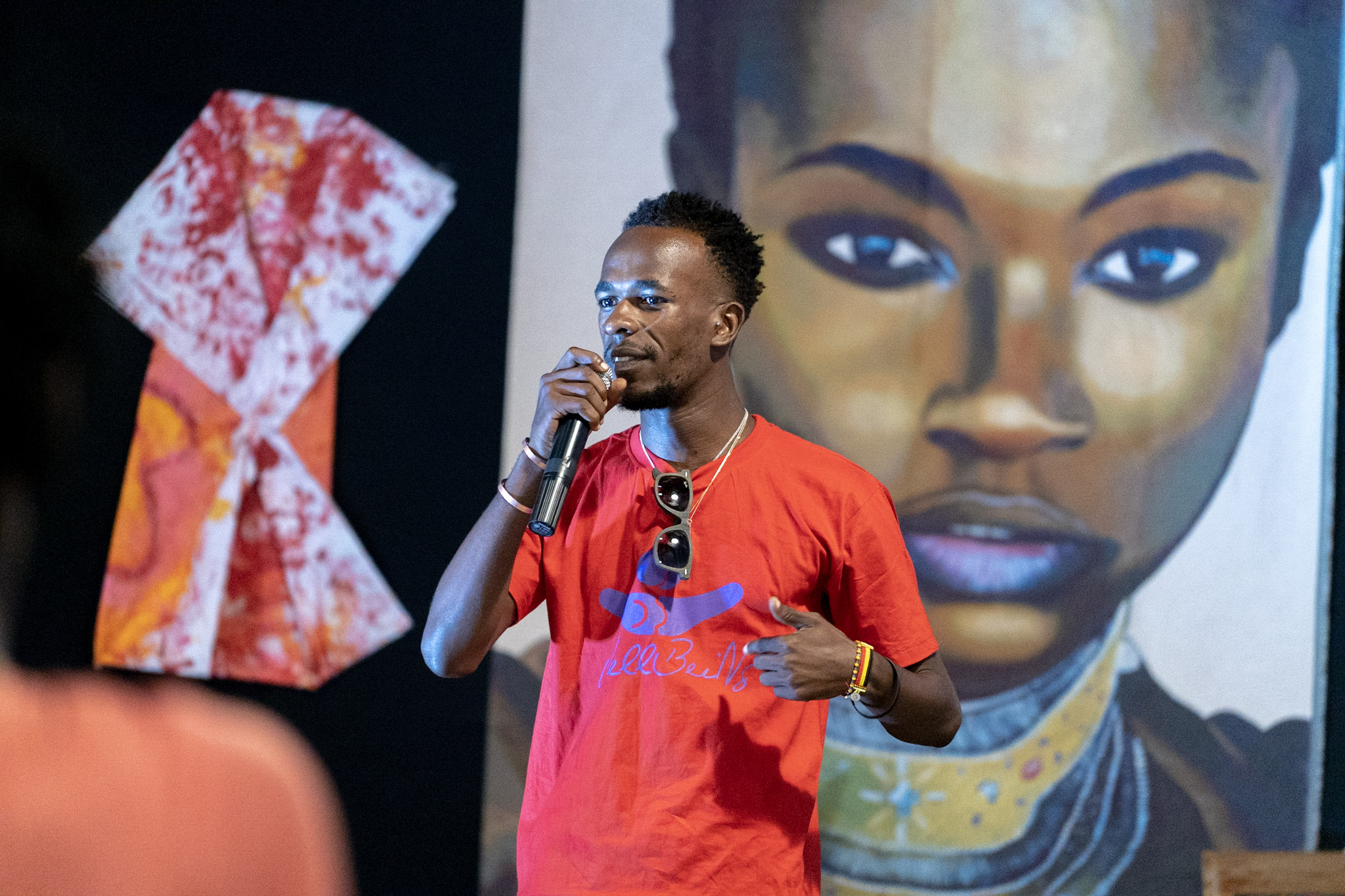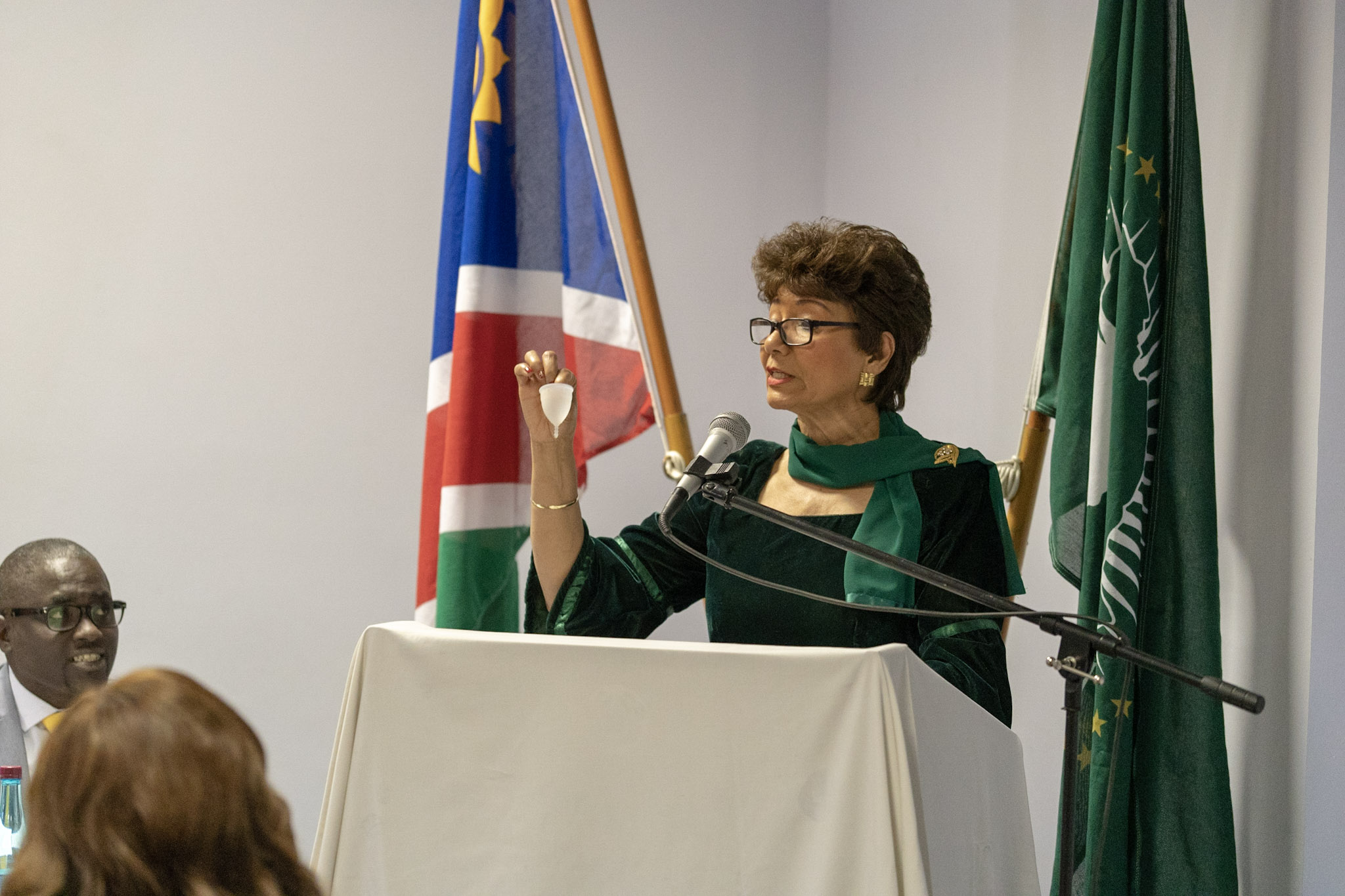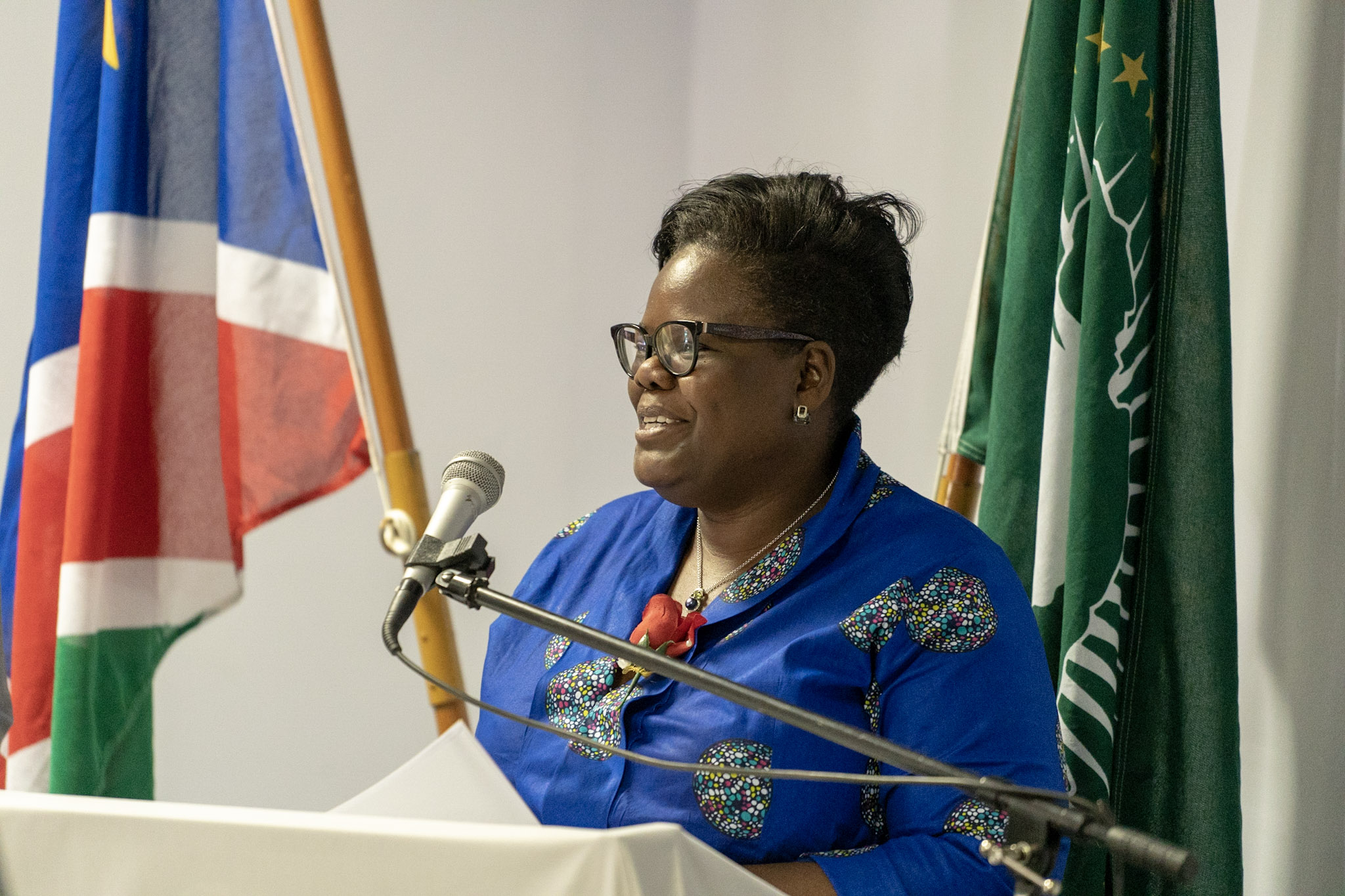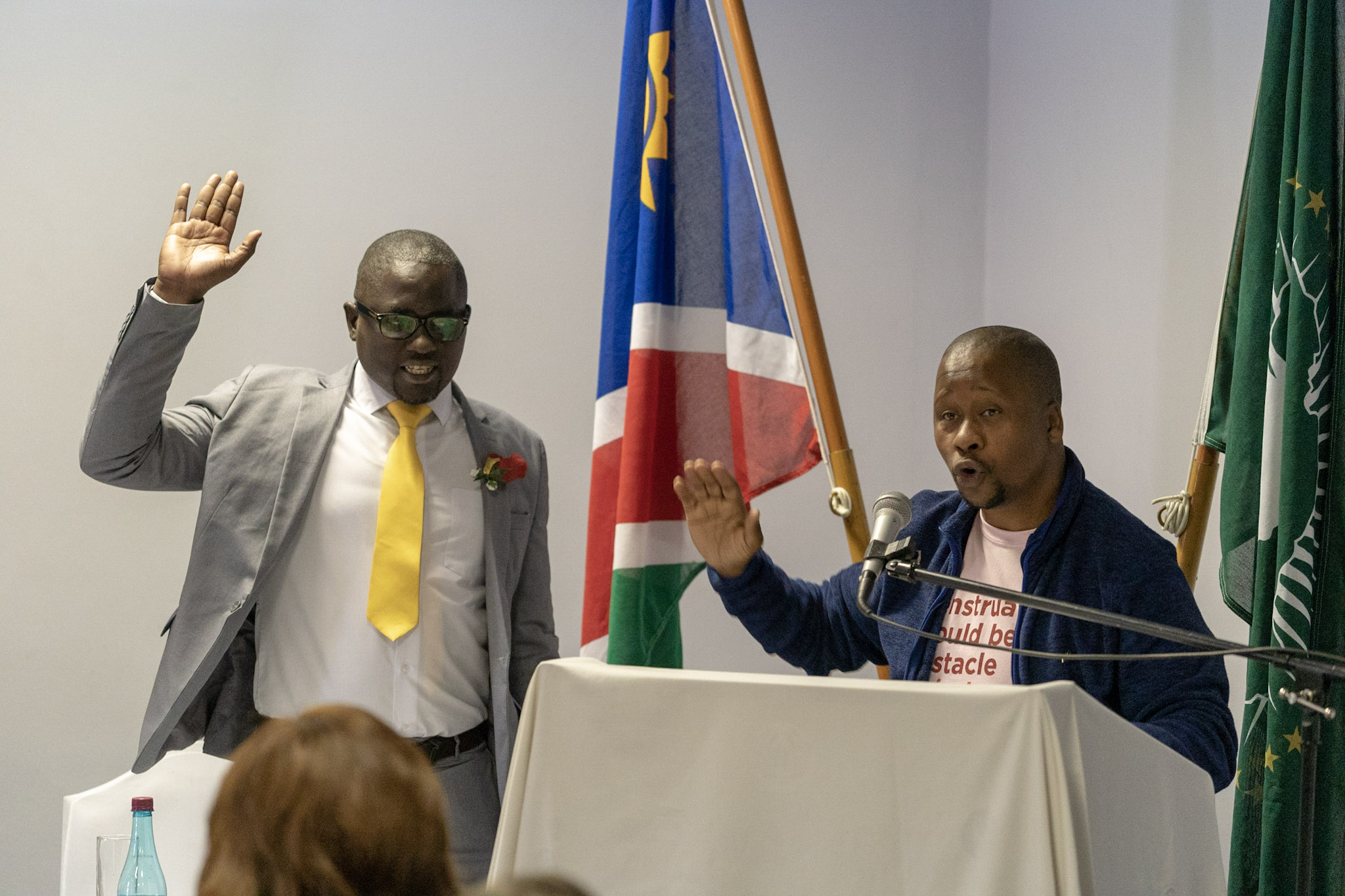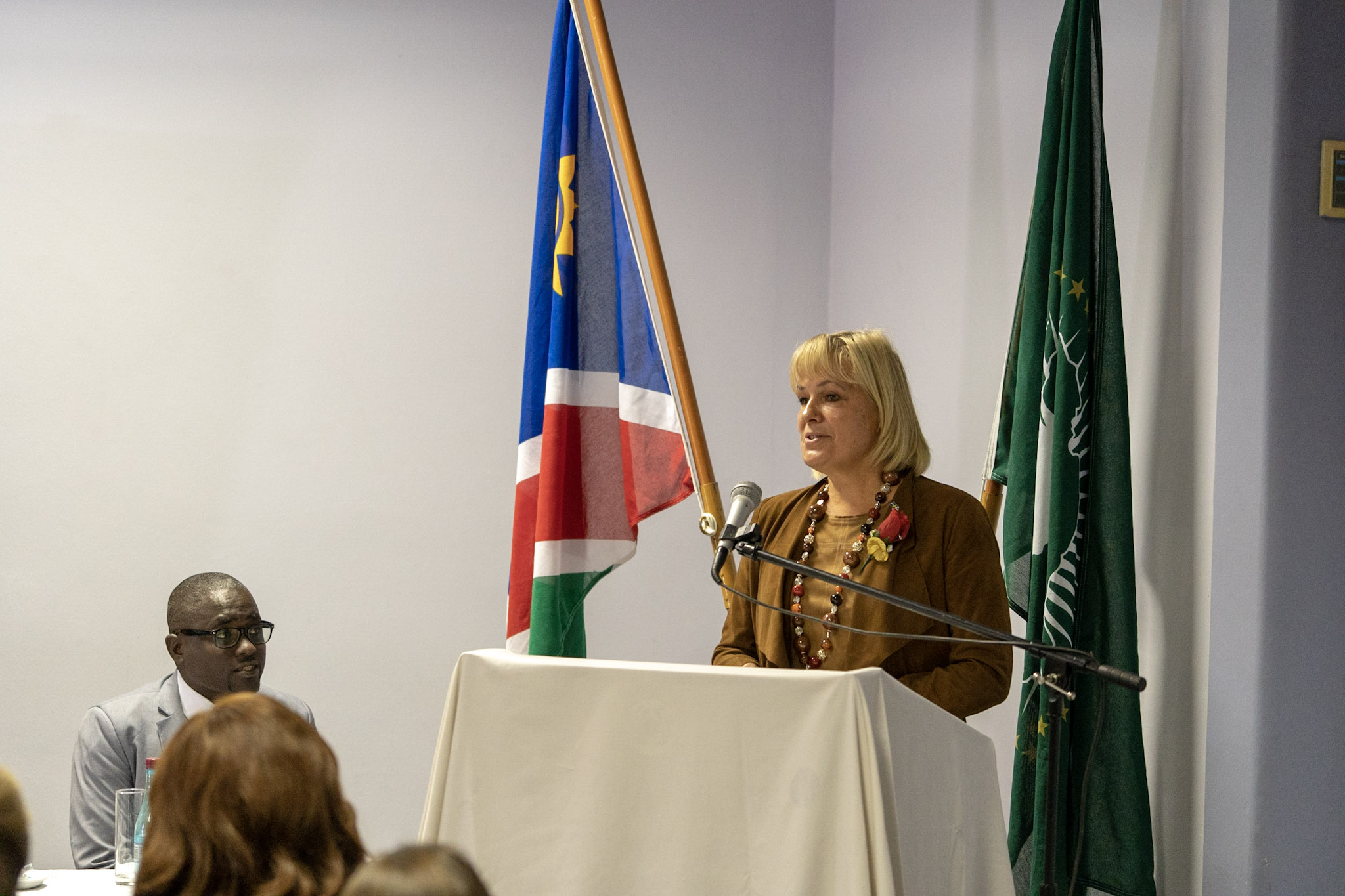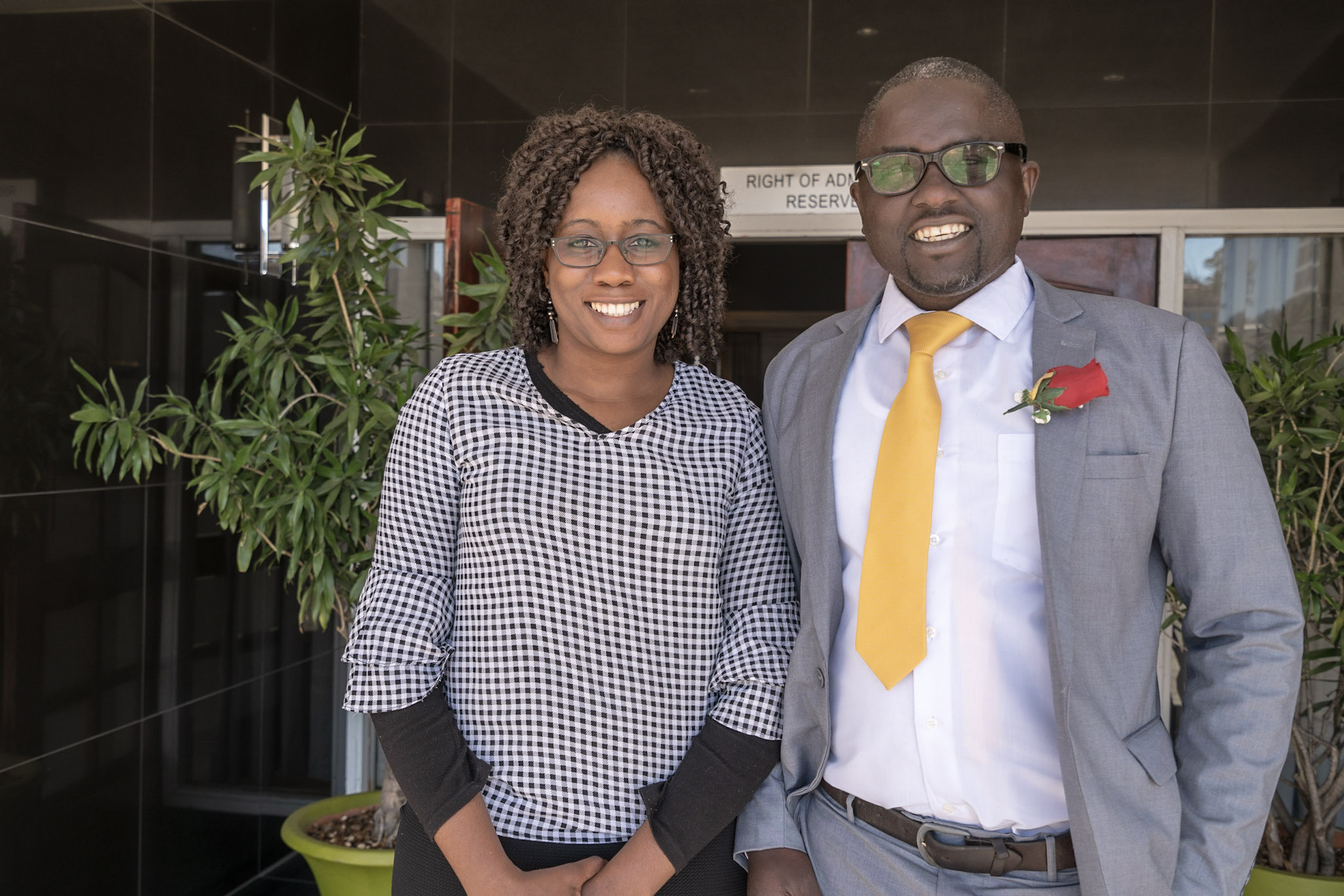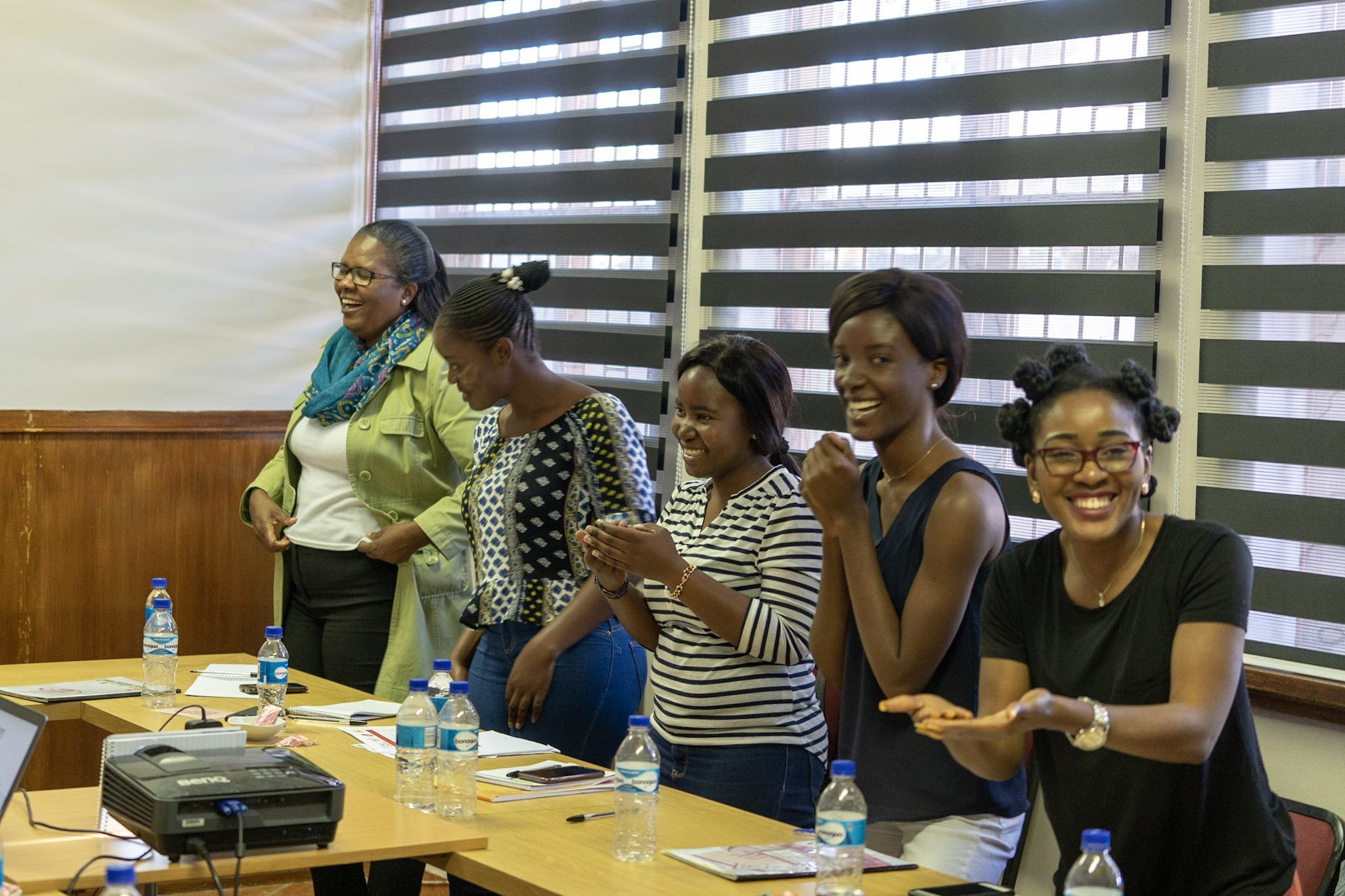MY PERIOD IS AWESOME (MPIA)
Menstrual Equity projects in South Africa, Namibia, Rwanda and Uganda
A platform for projects focusing on Menstrual Health & Sexual and Reproductive Health and Rights
The name “My Period is Awesome” is chosen to challenge the taboo linked to menstruation and to wash away menstrual shame - once and for all. MPIA gathers local organisations from around the world and showcase their important work to inspire others to follow. We provide capacity building to grass root activists and offer them access to an international network, experts, influencers and policy makers.
Better representation with menstrual equity strategies
Unlike other normal bodily functions, menstruation is often linked to religious and cultural meaning that can affect the perception of the person menstruating.
There is evidence of how lack of adequate menstrual hygiene management (MHM) and support in sexual and reproductive health and rights (SRHR) education, forces menstruators to stay home from school and work, while others are being detained by their families or subject to humiliating treatment.
When menstruators cannot go to school, get work or take part in daily life on equal terms, it means reduced representation in society.
Equal education is a fundamental human right and essential for the exercise of all other human rights. It promotes individual freedom and empowerment and yields important development benefits.
Giving menstruators the right conditions to manage their menstruation and adequate SRHR education is giving them a better chances for success in life.
Understanding good menstrual health in the context of human rights requires a holistic approach. Related rights are:
The right to water and sanitation
The right to health
The right to education
The right to non-discrimination and gender equality
The right to work
In May 2019 we started myperiodisawesome.com
A new platform that represents all the My Period is Awesome projects. The platform portrays a diverse perspective on Sexual and Reproductive Health and Rights through blogs and articles.
Our partners
Volunteers and staff at Wellbeing Foundation.
UGANDA
Taps M'nyati Sonke Gender Justice, Susan Barnes Project Dignity, Thulani Velebayi Sonke Gender Justice.
SOUTH AFRICA
Partnering organisation in Uganda is Wellbeing Foundation. Wellbeing Foundation was founded by Shyaka Lwanyaaga Farid Kubanda in 2018:
“We believe human connection can be the tool for change in one’s life through a permanent shift in the mindset. We want to empower young people from marginalized backgrounds from all over Uganda and Africa to rise up and lead the revolution for them to get themselves out of inequality. We believe through mind-shift we can redistribute wealth and power for a fairer world where every human being no matter background has an equal shot at success and achieving their dreams. When we create a platform for stories that are un-told we eventually unlock the possibilities in these stories.”
Wise Economy are running two capacity building projects with Wellbeing Foundation. The projects are funded by Forum Syd and Swedish Institute. Read more about the projects under.
Partnering organisations in South Africa are Sonke Gender Justice and Project Dignity.
Sonke’s vision is a world in which men, women and children can enjoy equitable, healthy and happy relationships that contribute to the development of just and democratic societies. Sonke Gender Justice works across Africa to strengthen government, civil society and citizen capacity to promote gender equality, prevent domestic and sexual violence, and reduce the spread and impact of HIV and AIDS.
The aim of Project Dignity is to reduce absenteeism and dropout rates in schools and increase opportunities for girls to complete their education with dignity. Project Dignity are also the create of Subz washable pads. So far Project Dignity have handed out 120.000 kits of washable pads and have put the equal amount of girls through their educational program.
The project is funded by Forum Syd.
Amina Umuhoza Poetess. Founder of Dukataze.
RWANDA
Dukataze is a Rwandan social enterprise with the aim to empower young women mentally, socially and economically to fight unintended pregnancies in Rwanda.
“Dukataze provides reproductive health information through the community outreaches that they organize and through the reproductive health stories that are available on their platform to equip young women with the necessary skills that they need regarding reproductive health, but also to bridge the gap between the parents who are not open to talk about reproductive health and children”
- Amina Umuhoza Poetess. Founder of Dukataze.
The strategy is to use peer influence: they educate young women and turn them into peer educators of their fellows. They also encourage young women to start small income generating projects and act as resellers of their products. This way, Dukataze helps the women fight dependency syndrome as well as educate them in sexual and reproductive health and rights.
The project is funded by the Swedish Institute
Women’s Action for Development. MPIA project assistant Wilka Matheus, Veronica de Klerk MPIA ambassador, Director of WAD Salatiel Shinedima and MPIA project manager Tatiana Sikwila.
NAMIBIA
Wise Economy is proud to partner with Women’s Action for Development (WAD) in My Period is Awesome - Namibia.
Women’s Action for Development (WAD) is a Namibian-based non-profitmaking, non-partisan NGO and has been operational in Namibia since 1994. It is a Self-Help Organization which follows a two-pronged program, namely the socio-economic and socio-political empowerment of women and men from marginalized communities. The organization which has mainly been sponsored by the Konrad-Adenauer-Stiftung since its establishment 24 years ago, is operational in all 14 regions of the country.
The project is funded by Forum Syd.

